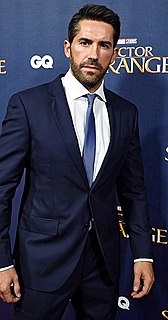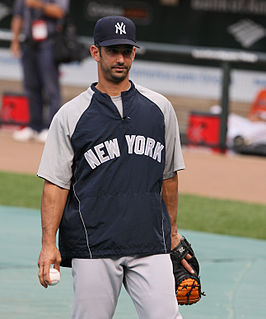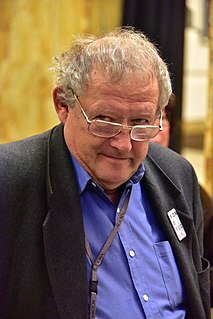A Quote by George Hickenlooper
Obviously you have a responsibility - one would like to think there is such a thing as ethics in filmmaking.
Quote Topics
Related Quotes
Using the phrase business ethics might imply that the ethical rules and expectations are somehow different in business than in other contexts. There really is no such thing as business ethics. There is just ethics and the challenge for people in business and every other walk in life to acknowledge and live up to basic moral principles like honesty, respect, responsibility, fairness and caring.
I personally think a fight scene is the most cinematic thing you can witness because all the elements of filmmaking come together, you know, with the camera speed changes, editing, make up effects and general smoke and mirrors of trying to make it look like you are hitting someone when you're not. It's filmmaking in it's purest form, I think.
A minimal level of sportsman ethics afield is mandated by written law. Beyond that, say, when an action is legal but ethically questionable, or when (as Aldo Leopold long ago pointed out) no one is watching, hunter ethics is an individual responsibility. As the existentialists would have it, we determine our own honor minute by minute, action by action, one decision at a time.
The visuals and the audio, could stand by themselves in a way. But the whole idea of the thing, is that they would exist together. So I think together, they're way more of a stronger thing. You could listen to just the music, or just watch the video, but I think it would really mean... obviously it would just be half the experience.





































